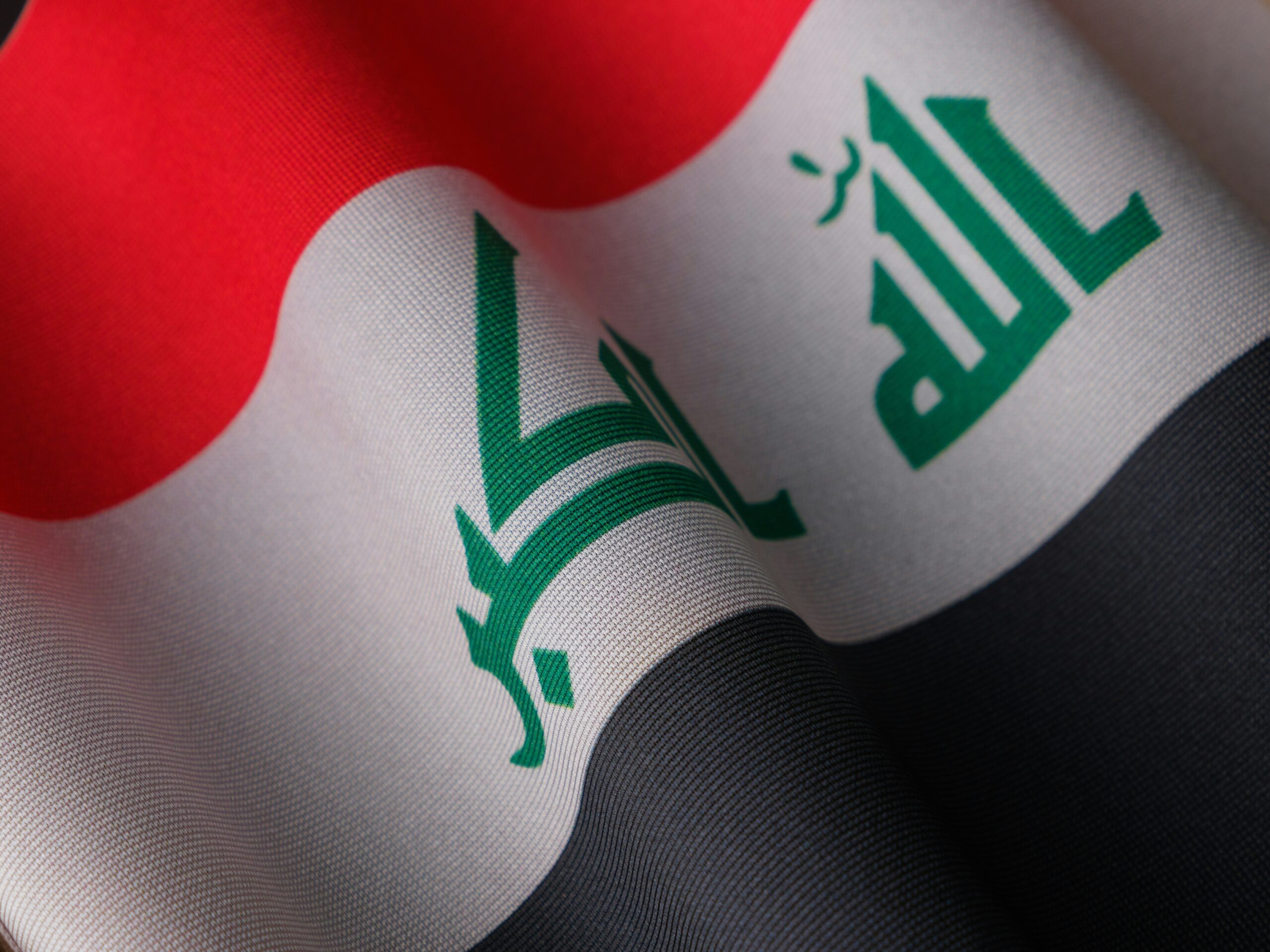
In a significant development that could reshape Iraq’s security landscape, the government is mulling over a draft law that seeks to integrate the predominantly Shia Popular Mobilization Forces (PMF) into state institutions. This legislation, which has sparked a heated debate across the nation, aims to formalize the role of PMF militias, potentially altering the balance of power within the Iraqi state.
Key Facts
- On July 27, PMF brigades forcibly entered the Iraqi Ministry of Agriculture, an incident resulting in the death of a police officer.
- The draft law proposes to bring all PMF factions under the direct command of Prime Minister Mohamed Shia al-Sudani.
- Proponents argue the law will help enforce legal and command boundaries for the PMF, while opponents fear it may legitimize and empower potentially unruly militias.
Background
The PMF, also known as al-Hashd al-Shaabi, comprises various armed groups that played significant roles in the resistance against the US occupation and the fight against ISIL. Formally recognized by the Iraqi parliament in 2016 as part of the national security forces, the PMF has since been a controversial entity within Iraq’s military framework. The force’s close ties with Iran and autonomous operations have often been points of contention.
Recent Developments
The incident at the Ministry of Agriculture highlighted the challenges in controlling PMF factions. Triggered by the dismissal of Ayad Kadhim Ali, a PMF affiliate, the altercation underscores the existing tensions between state authority and militia power. The proposed law, drafted in March, seeks to address these issues by offering PMF members stable employment within the state’s security apparatus, aiming to incentivize adherence to a unified command structure.
Official Reactions
The Iraqi government, led by Prime Minister Mohamed Shia al-Sudani, appears committed to the integration strategy, believing it essential for national security consistency. However, the integration is met with resistance not only domestically but also from international actors like the United States, which perceives the move as potentially increasing Iranian influence in Iraq.
What’s Next
The debate over the draft law is expected to intensify as it moves closer to a vote in the Iraqi parliament. The outcome will significantly impact Iraq’s governance, security, and international relations, particularly with the United States and Iran. The law’s proponents and detractors continue to marshal their arguments, highlighting the law’s potential impacts on Iraq’s sovereignty and internal security dynamics.


